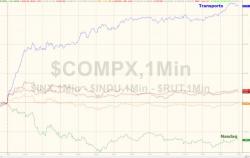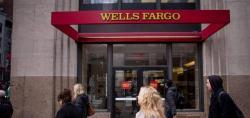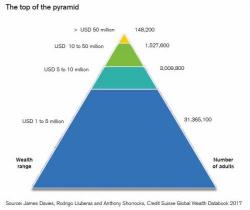Turmoil...

GDP surged above expectations, Matt Lauer fired, Crude carnage, Semis slaughtered, Momo massacred, Nasdaq knackered, Precious metals pummeled, Bond bloodbath, and Bitcoin bounced and trounced... But everyone loves Trannies!

GDP surged above expectations, Matt Lauer fired, Crude carnage, Semis slaughtered, Momo massacred, Nasdaq knackered, Precious metals pummeled, Bond bloodbath, and Bitcoin bounced and trounced... But everyone loves Trannies!

Authored by Stuart Parnell via OilPrice.com,
Every once in a while, I will realize that I have spent way too much time talking about oil, complaining about pipelines, Permania, free money and the impending “End of Big Oil because of Electric Vehicles”. And it’s on those days that my attention turns to oil and coal’s neglected stepsister who we know as natural gas. And in the spirit of American Thanksgiving, I would like to say that I, for one, am thankful for natural gas, the current turkey of the energy sector.
While pundits contemplate whether the bitcoin bubble is bigger, smaller or the same size as the dot com bubble, few are willing to admit that day to day events in the equity market are just as ridiculous, bubbly and bizarre as what takes place in the crypto realm.

It's beginning to seem like every day there's a new scandal breaking out at Wellls Fargo.
Earlier this week, the Wall Street Journal dished on Wells Fargo’s latest scandal when it reported that several regulators and even one US attorney were investigating the bank for gouging clients of its foreign-exchange trading desk.

Janet Yellen's last semi-annual testimony before Congress as Fed Chair has just concluded, and as usual it was filled with long-winded platitudes, which were enough to make the blood of anyone actually listening to her slow-motion drawl, come to a boil.